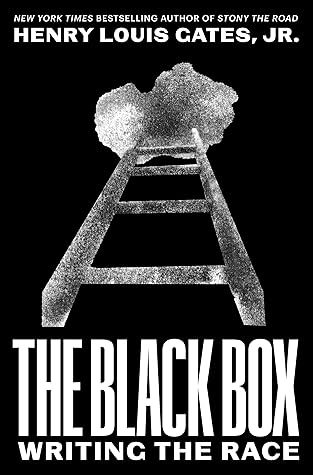The mammy was crucial to this media campaign. The original Aunt Jemima, Mammy was the safe, grandmotherly type of Black woman, someone who was imagined to love her white enslaver’s children more than she loved her own. The image romanticized slavery, stripped it of its brutality toward women (beatings, sexual exploitation, rape), and fabricated nostalgia. This was all happening precisely as white people were sanitizing memories of the Civil War: it was, after all, no longer recalled as “the war to end slavery” but as a war over states’ rights.
Welcome back. Just a moment while we sign you in to your Goodreads account.


